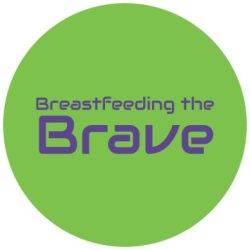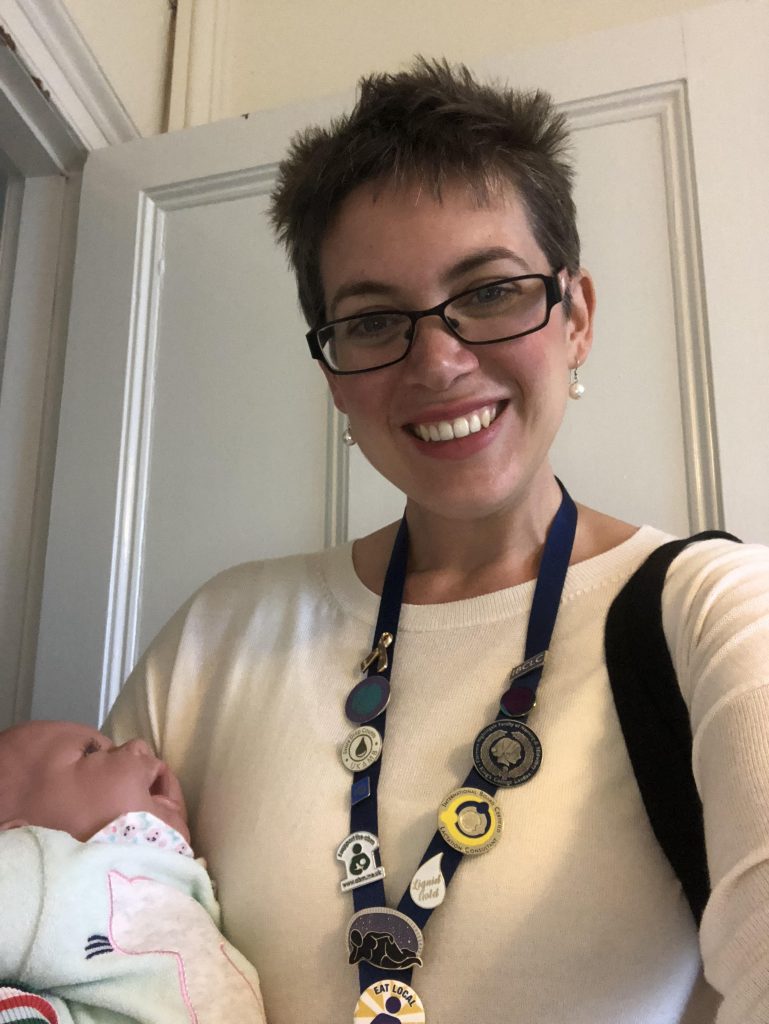Paediatrics is a separate healthcare directorate to neonatal and maternity care. Midwives receive specific infant feeding and breastfeeding training as part of their core training. More and more maternity and neonatal units are becoming baby friendly – which means that their staff will have access to training and be audited.
By contrast, paediatric wards are staffed by nurses who usually have specific paediatric nurse training – which does not include oral feeding (only nasogastric and gastrostomy feeding), and doctors who have often not received any infant feeding training. There may also be allied health professionals such as physiotherapists, speech and language therapists, dietitians and psychologists – none of whom have necessarily had any training in breastfeeding.
So, in both the neonatal and maternity settings, as well as the community, breastfeeding training and infant feeding support is much more embedded. In paediatrics, the experiences of parents is much more likely to be inconsistent, and dependent on the individual experiences of the staff delivering care. Some paediatric professionals are highly experienced, access additional breastfeeding training, and may have breastfed their own babies. Other professionals may have received no training, and either not breastfed their own children, or may bring challenging or negative experiences of feeding with them.
In the paediatric ward or PICU while there are notable and wonderful exceptions, it is common for there to be: no designated paediatric infant feeding lead or team, no mandatory training for paediatric professionals, fewer facilities, no pumping room in paediatrics, barriers to storing pumped milk in the fridge, discrepancies with policies on providing food to parents, difficulties accommodating breastfed siblings of patients, breast pumps may have to be loaned from maternity departments, and while sometimes a midwife or neonatal nurse might visit the paediatric ward, this is dependent on their own workload, and cannot be guaranteed.


